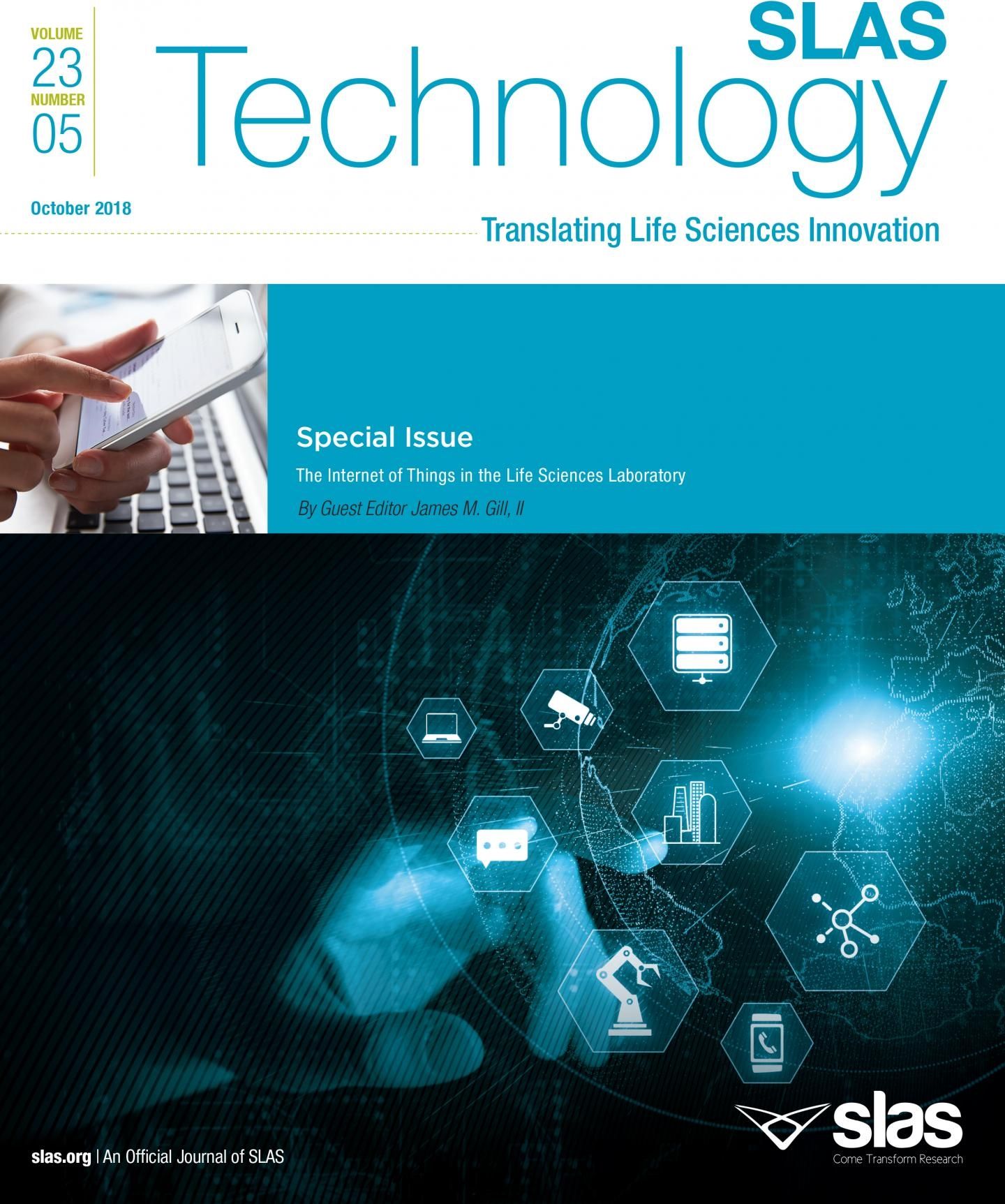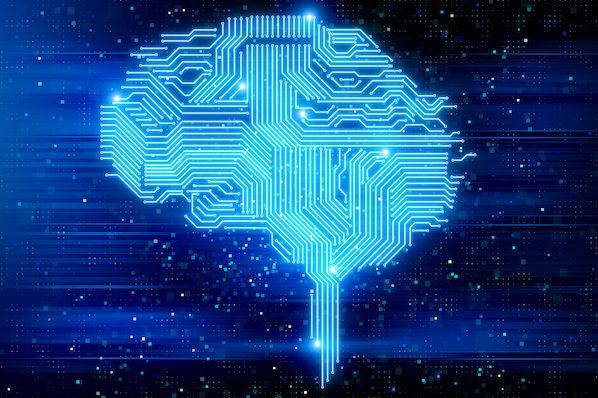
The building blocks of matter in our universe were formed in the first 10 microseconds of its existence, according to the currently accepted scientific picture. After the Big Bang about 13.7 billion years ago, matter consisted mainly of quarks and gluons, two types of elementary particles whose interactions are governed by quantum chromodynamics (QCD), the theory of strong interaction. In the early universe, these particles moved nearly freely in a quark-gluon plasma. Then, in a phase transition, they combined and formed hadrons, among them the building blocks of atomic nuclei, protons and neutrons.
In the current issue of Nature, an international team of scientists has presented an analysis of a series of experiments at major particle accelerators that sheds light on the nature of this transition. The scientists determined with precision the transition temperature and obtained new insights into the mechanism of cooling and freeze-out of the quark-gluon plasma into the current constituents of matter such as protons, neutrons and atomic nuclei. The team of researchers consists of scientists from the GSI Helmholtzzentrum für Schwerionenforschung in Darmstadt, and from the universities of Heidelberg and Münster (Germany), and Wroclaw (Poland).
A central result: The record-breaking high-energy experiments with the ALICE detector at the Large Hadron Collider (LHC) at the research center CERN produced matter in which particles and antiparticles coexisted in equal amounts, similar to the conditions in the early universe. The team has confirmed via analysis of the experimental data theoretical predictions that the phase transition between quark-gluon plasma and hadronic matter takes place at the temperature of 156 MeV, 120,000 times higher than that in the interior of the sun.
Continue reading “New observations to understand the phase transition in quantum chromodynamics” »

















